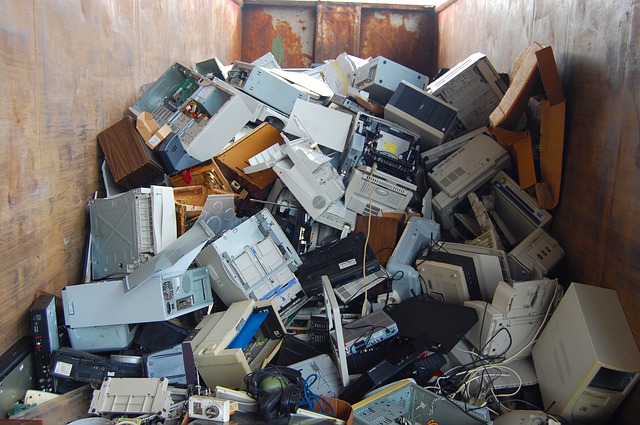India, is the second largest mobile phone market with 1.03 billion subscribers, is the first largest producer of e-waste. Our country discards 18.5 lakh metric tonnes of electronic waste each year, with computer equipment accounting for 70% and telecom 12% according to by WHO 2014. The most dreaded information is that in India, about 4-5 lakh child labourers in the age group of 10-15 years are observed to be engaged in various e-waste activities, without adequate protection and safeguards.
With the alarming rise in the use of electronics and electrical products, the volume is only going to rise. As per a study by ASSOCHAM, it is said to be growing at a rate of 33% cumulative every year and with all produce and dump happening across India, it is said to have a 500% increase in e-waste over the next decade.
In support of environmental conservation threatened by the increasing electronics items lying idle around us, Intex has launched a pan-India E-Waste Collection campaign named ‘Go Green’. Under the campaign a phase wise collection of e-waste items, beginning with at least 30% of estimated quantity of waste generation during first two years of implementation, taking it gradually to over 70%. It will also comprise of mass awareness programmes on e-waste management and safe disposal of electronic waste by tying up with prominent schools, colleges, residential societies and institutions.
The government too is taking charge towards the management of e-waste. Recently, the Ministry of Environment, Forest and Climate Change stated that the E-Waste collection targets will be 10% during 2017-18 and will increase to 70% by 2023 in a phased manner. This amendment to the 2016 E-Waste legislation, through its phased target escalation, will give the E-Waste ecosystem a better opportunity to develop for the long-term. The International Finance Corporation (IFC) is encouraged by the Government’s approach and is scaling up the implementation of its ‘India E-Waste Program’, which has been actively involved in supporting the development of India’s E-Waste sector through engagement with the private sector.
In line with IFC’s global strategy of ‘Creating Markets, Creating Opportunities’, The IFC’s India E-Waste Program will focus on developing a responsible and sustainable E-Waste management ecosystem in India with the end goal of mobilising private sector investment towards the sector. Some of the critical challenges will be addressed that the sector faces such as:-
- Lack of awareness among stakeholders about the magnitude of India’s e-waste-challenge, related hazards, implications of unsafe practices and solutions available for responsible collection and processing
- Underdeveloped formal capacity for responsible collection and processing; and
- the absence of data and access to best practices.
IFC’s Country Manager Mr. Jun Zhang optimistically says, “The India E-waste program will address critical gaps in the market by systematically leveraging international and local best practices in the sector. We also believe this scalable solution will create new profitable businesses in India and future investment opportunities.”
Higher awareness levels and improved collection will result in better capacity utilisation of all entities in the value chain as well as mobilise investment for additional capacity-building to meet the growing demand, ensure greater investor confidence and make the sector more financially viable. The PRO model has the potential to be a cost-effective channel to implement such a solution in the long-term since it capitalises on professional management and economies of scale.
Thank you for reading the story until the very end. We appreciate the time you have given us. In addition, your thoughts and inputs will genuinely make a difference to us. Please do drop in a line and help us do better.
Regards,
The CSR Journal Team

